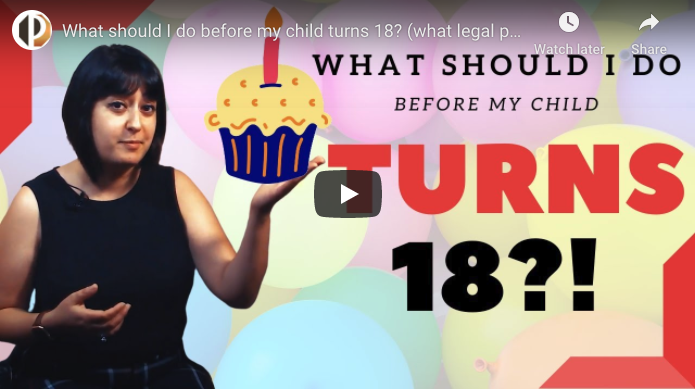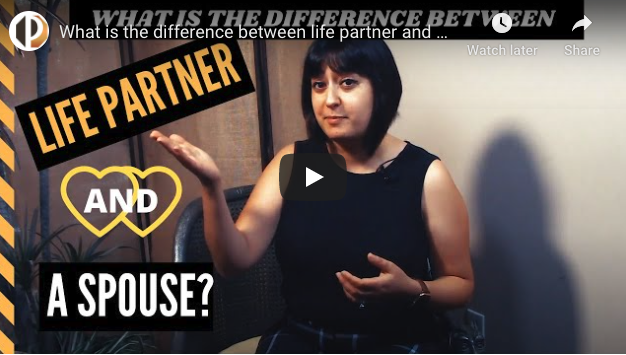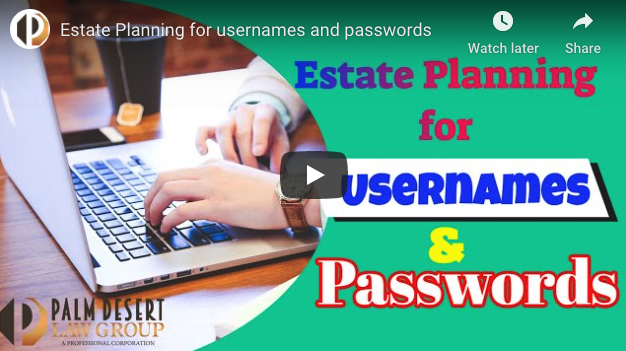Estate Planning Tips for Business Owners
In this article, Estate Planning Tips for Business Owners, we are going to cover a number of key points.
As a business or an entrepreneur, planning the future of your business is quite a challenge. However, nobody wants to picture a day when you cannot run your business successfully.
For that reason, estate planning is a crucial part of any business. The only way to take care of your business and grow it successfully is to have a plan. Fortunately, there are several ways to make estate planning an easier process. Focusing on each phase of your estate planning can make it easy for a business to grow its operations without facing challenges.
Estate planning is not just for the rich. Settling business affairs is important for every business, be it small or big. Here are some of the most important estate planning strategies that businesses must focus on to grow their business.
Why is Estate Planning Important?
There is no denying that estate planning requires significant time and effort. However, having an estate planning allows your business to survive in today’s competitive business environment.
When a business owner sets up an estate plan, he protects his family and his business. However, business documents are not static. Since estate planning is an ongoing process, business owners must ensure that they minimize the taxes they owed and take care of their business's evolving needs.
Business owners must periodically review their full estate plan with their accounts, attorney, and financial advisors. You should also formulate a team that frequently updates or revises all parts of your estate planning. Federal and state laws are evolving. Hence, keeping up with the changing trends is important for your estate planning process.
Create a Will
One of the most important steps of estate planning is having a will. This document will help a business plan fair and equal distribution of personal assets. Still, it also allows the testator or the writer of the will to choose a business executer. By business executer, we mean an individual who is responsible for continuing the business.
There are various reasons concerning how a will can save your business in the future. For instance, if a business owner suffers from an illness or experiences an accident, it will serve as an important guide for his business partners and employees.
Since a will is a sophisticated document and entails several different and important aspects of your business, business owners should consult an experienced estate planning attorney. Collaborating with professional attorneys will guarantee that you don’t skip any important factors that must go into your will.
Reduce Your Taxes
Estate taxes are important for any business owner. If, unfortunately, a business owner dies, taxes can spell the end of a business. Since taxes account for almost 50% or even more of a business's total value, including tax reduction in your estate planning is crucial. Generally, whenever a business owner dies, you must pay all taxes within nine months after the time of his death. In most cases, paying these taxes could mean having to sell the company due to a lack of liquidity.
However, IRS tax breaks, Section 6166 and Section 303, safeguard your estate from experiencing such a heavy blow. A great option is to hold your shares in a charitable trust. We will shed light on this later in this post.
Prepare a Basic Succession Plan
Let's assume a tragic accident is about to occur this evening, where a business owner loses his life. Although it is difficult to picture this scenario, it also calls for a succession plan. Having a succession plan means that a business must continue its operations with minimal interruption if a business owner dies unexpectedly.
You must choose key decision-makers to develop a strategy for transferring crucial information and more. Creating a succession plan will save your business from any losses that it would otherwise have to bear when there is no one to resume charge after your death.
Declare Power of Attorney
Most of us are aware of this term. However, we rarely know what it means and how significant it is for every business. Business owners declare power of attorney to an employee or individual they can trust with their financial and business matters.
Since this person will handle all legal and financial affairs of the business, after the owner is no longer to manage operations, choosing the right person is critical. This individual will manage vendor/creditor payments, payroll, assets, and your entire business. When a business owner doesn’t declare it before his passing, the court appoints a guardian that is not always in the business's best interest.
Choose a Charitable Trust
Taking a more philanthropic approach to manage your business assets after your death offers a variety of benefits. When a business owner creates a charitable trust, he donates his assets to an organization that supports a good cause or interest. Moreover, setting up these trusts will also benefit a business owner's spouse and children after his death.
Consider Life Insurance
Things can become tricky for businesses that do not have the benefit of liquidity. In this case, life insurance provides the capital required to help your business survive. Generally, most business owners take out policies that choose their partners as beneficiaries. The benefit of this comes in the form of tax-free proceeds for surviving members of the business, which they can use to purchase the business owner's shares when he/she dies.
Document Important Records
Another important part of estate planning is documenting key records. There are multiple benefits of organizing records to guarantee they are easily accessible in a business owner’s death. These records usually include all financial statements, a business plan, insurance policies, and all important documents to continue your business.
Final Thoughts about Estate Planning Tips for Business Owners
Estate planning saves a business from potential threats in the absence of a business owner, such as heft taxes and ugly legal battles. While there are many benefits to estate planning, the process involves extensive paperwork. Hence, it is important to consult a professional and experienced attorney who will guide you in the right direction.
This article is a service of Pantea I. Fozouni, Family Business Lawyer®.
The Palm Desert Law Group excels as a special needs planning lawyer, planning for physicians and healthcare professionals, Wills and Trusts and Business Law. If you are looking for an Estate Planning Attorney Palm Springs, or a Palm Springs Business lawyer, then you have found what you are looking for.
We also are the best Palm Desert Injury Lawyer and Estate Planning Attorney in Palm Desert. We serve all over the Coachella Valley and are here for you
We don’t just draft documents; we ensure you make informed and empowered decisions about life and death, for yourself and the people you love. That’s why we offer a Family Wealth Planning Session™, during which you will get more financially organized than you’ve ever been before and make all the best choices for the people you love. Go online today to schedule a Family Wealth Planning Session and find out how to get this $750 session at no charge.







